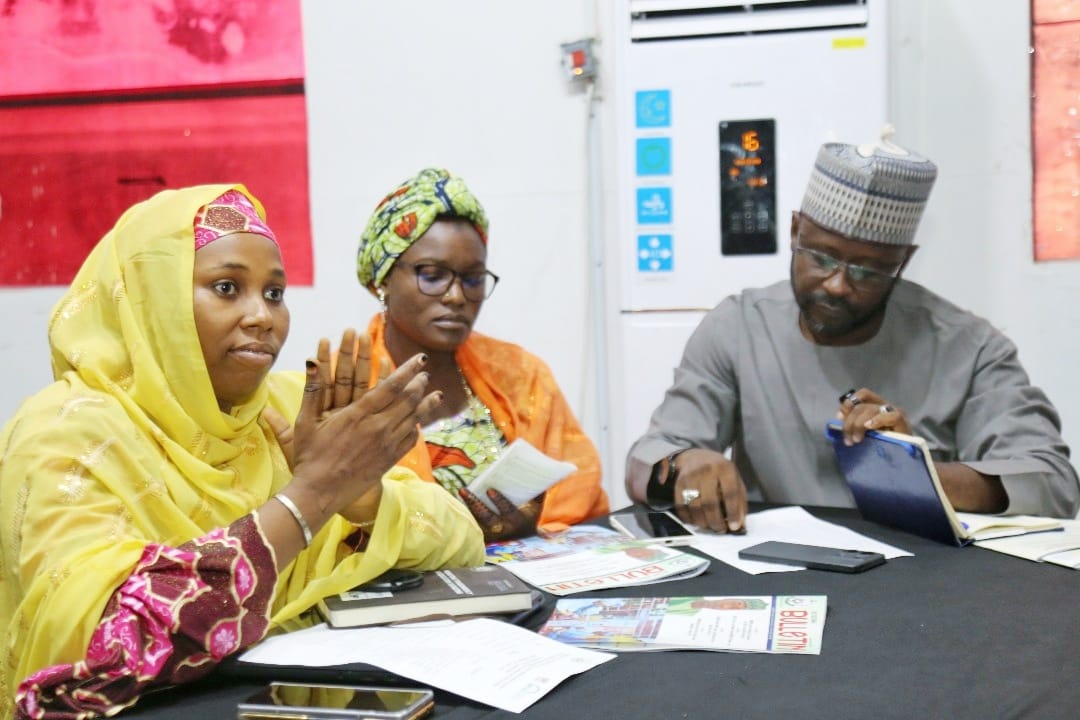BY FAIZA JIBRIN, JULY 11, 2025 | 2:20PM
In a major stride toward improving access to quality healthcare in Borno State, the Borno State Contributory Health Care Management Agency (BOSCHMA) has officially launched the implementation of the formal sector health insurance scheme.
This landmark initiative, which focuses on state and local government civil servants, aims to reduce the financial burden of healthcare while ensuring that quality medical services are within reach for thousands of families.
The Executive Secretary of BOSCHMA, Dr. Saleh Abba, announced the rollout on Thursday during a stakeholders’ sensitisation meeting in Maiduguri.
He said the scheme aims to ensure that families, especially Women, children, and other vulnerables, can access quality healthcare without the burden of high out-of-pocket expenses.
Dr. Abba explained that the initiative, approved by the state government, covers civil servants in both state and local government, along with their spouses and up to four children.
'Our focus is to ensure that healthcare becomes affordable and accessible to workers and their families, particularly women and children who often face the greatest health risks,' he said.
A wide range of services are covered under the programme, including antenatal care, skilled delivery, postnatal services, child immunisation, and treatment for common illnesses such as malaria, diarrhoea, and respiratory infections.
The scheme also provides emergency care, minor and major surgeries, and management of chronic diseases like diabetes and hypertension.
According to BOSCHMA, services will be delivered through over 200 primary and 40 secondary healthcare facilities across the state, accredited in collaboration with the National Health Insurance Scheme (NHIS).
Dr. Abba noted that enrollees can add more dependents such as additional children or elderly parents at an annual cost per person. However, only verified biological children under the age of 18 are covered within the standard family package.
The Chairman of the Nigeria Labour Congress (NLC) in Borno, Mr. Yusuf Inuwa, expressed support for the scheme and called for transparency in its implementation.
While in his remarks, the Borno State Head of Service, Dr. Mohammed Ghuluze, described the launch as a key milestone in the state’s efforts to provide universal healthcare coverage and reduce the financial burden on families.
Behind this effort is a broader strategy to reform Borno’s healthcare delivery. Over the past few years, the state has built more than 100 new health centres and upgraded existing general hospitals to specialist level in several resettled areas.
With this rollout, Borno joins a growing number of states in Nigeria moving toward health coverage for all, beginning with the formal workforce and their dependents, particularly the most vulnerable members of society.
How the scheme works
The scheme operates through a joint contribution model between the employer and employee.
Civil servants are expected to contribute 3.5% of their basic salary, while the state government will contribute 6.5%.
This combined 10% contribution will cover the principal enrollee (the worker), their spouse, and up to four children.
Should any worker wish to add more dependents, they may do so at a cost of N12,000 per person, in a year.
However, strict measures are in place to prevent misuse. Registering ineligible dependents or attempting multiple registrations is considered a criminal offence.
A 90-day waiting period applies after registration before enrollees can start receiving medical care.
Also, patients are entitled to up to 28 days of hospitalisation per year, with the first 14 days covered by the primary provider and the next 14 by the agency. In cases like stroke or orthopedic treatment, this can extend to 42 days.
Beneficiaries
The health insurance programme targets a wide range of groups within Borno State’s formal sector.
These include all state and local government civil servants, uniformed personnel such as members of the Civilian Joint Task Force and the Borno State Road Safety Agency, as well as political office holders and appointees.
Employees in the organized private sector with a minimum of five staff are also eligible, alongside students of tertiary institutions under a related scheme.
The scheme is expected to ease pressure on families, reduce out of pocket healthcare costs, and protect lives, especially to women and children who often suffer most when services are unavailable or unaffordable.
By prioritising women, children, and low-income families, the scheme not only reduces the financial burden of medical care but also promotes healthier communities.

